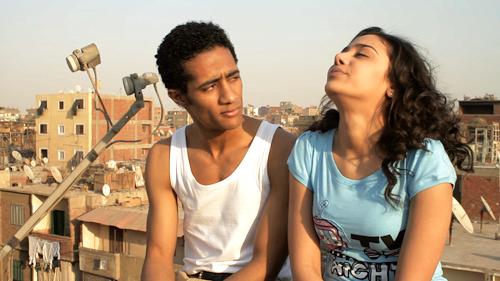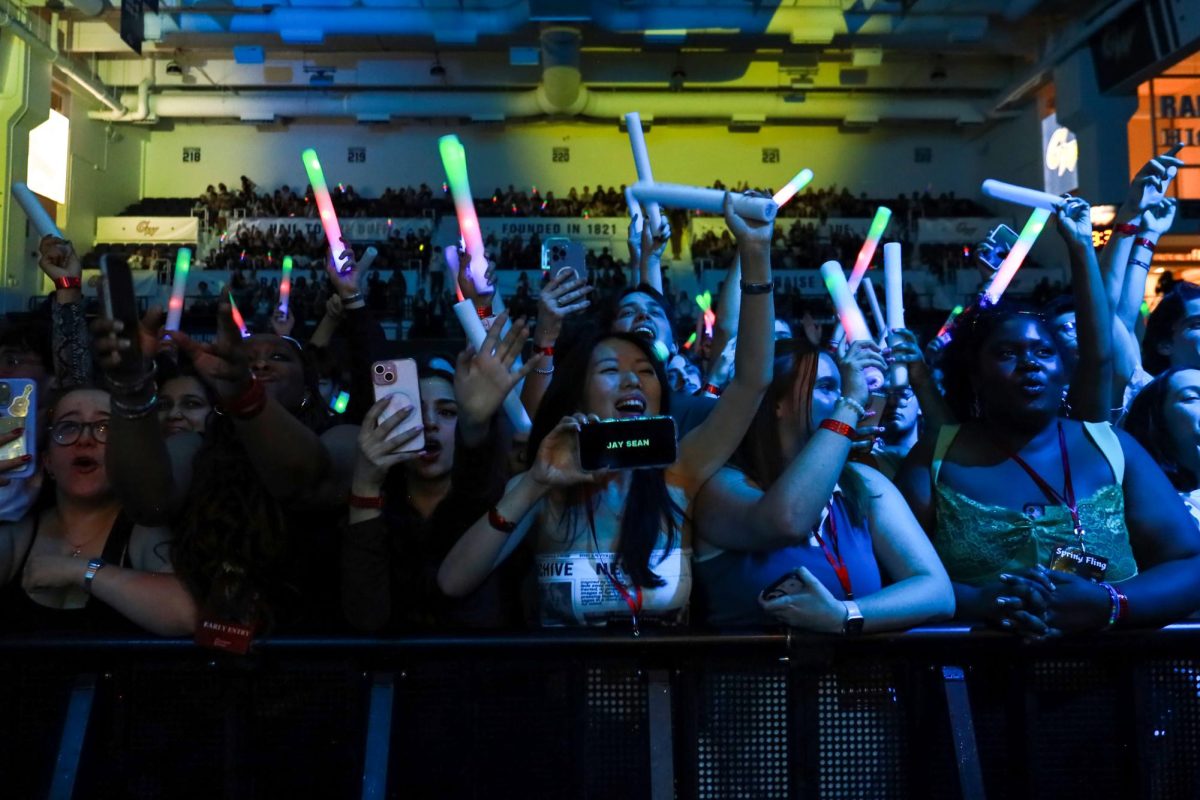
One film at the 16th annual Arabian Sights Film Festival last weekend barely made it out of its director’s camera after a hard-fought battle with government censorship.
“Cairo Exit” tells the inspiring story of a young Egyptian couple of different religious backgrounds overcoming life’s struggle prior to the Arab Spring revolutions.
“I was born and raised in Egypt and it’s the story that you can hardly miss. It happens every day. The lives of many Egyptians, especially the young, unemployed, underprivileged people – they just inspire you to write about them,” Alexandra Kinias, the film’s screenwriter, said in a question and answer segment.
However, the road to creating “Cairo Exit” was not an easy one. An Egyptian censorship board controls the release of all films produced in the country. Every screenplay must be approved for its contents, and then must receive another permit for filming. Only after the film is compared with the original screenplay does the board grant a third permit for screening.
“The screenplay as paper, it did not go through. It was just rejected because of its contents,” Kinias said.
“Cairo Exit” focuses on the relationship between a Coptic woman and Muslim man. The censorship board asked that the religion of the female lead be changed to Islam, but co-writers Kinias and Hesham Issawi would not comply. For this reason, the screenplay was denied, forcing the movie to be produced underground.
“Carrying a movie camera in the streets of Egypt without a permit is a felony. So basically it was like a chase between the crew and policemen in the streets throughout the entire time,” Kinias said.
While the movie was eventually able to be produced in stages, Kinias explained that the censorship board created some unlikely challenges for the crew. Undercover police in civilian clothing could stop filming at any time, severely decreasing the size of the crew, while forcing the movie to be filmed with a hand-held camera.
Despite threats from the government, “Cairo Exit” was created and distributed to the Dubai Film Festival.
“The censorship bureau, they were boiling. They were so frustrated that we had ignored all their orders. And on the way back from Dubai they confiscated the movie at Cairo Airport.”
Luckily, the production team had created several copies of the film and smuggled it to France where “Cairo Exit” was distributed at an international level.
When asked if the finished product of her screenplay lived up to her expectations, Kinias responded that “Cairo Exit” came out better then she could have imagined.
“I was amazed. I was involved in the writing and I got some tearful eyes a couple of times, and I don’t usually do that in movies. But I think [Director Hesham Issawi] depicted the lives, the emotions, the feelings, the imagery, the senses, the sounds, like you could even smell it,” she said.
Although “Cairo Exit” is now enjoying success all around the world, the film has still not been approved by the Egyptian censorship board to be shown in the country even after the past year’s revolutions.
“In the Middle East there are lots of things going on, but things have not settled down yet to really see what the vision of the future is going to be,” she said.



